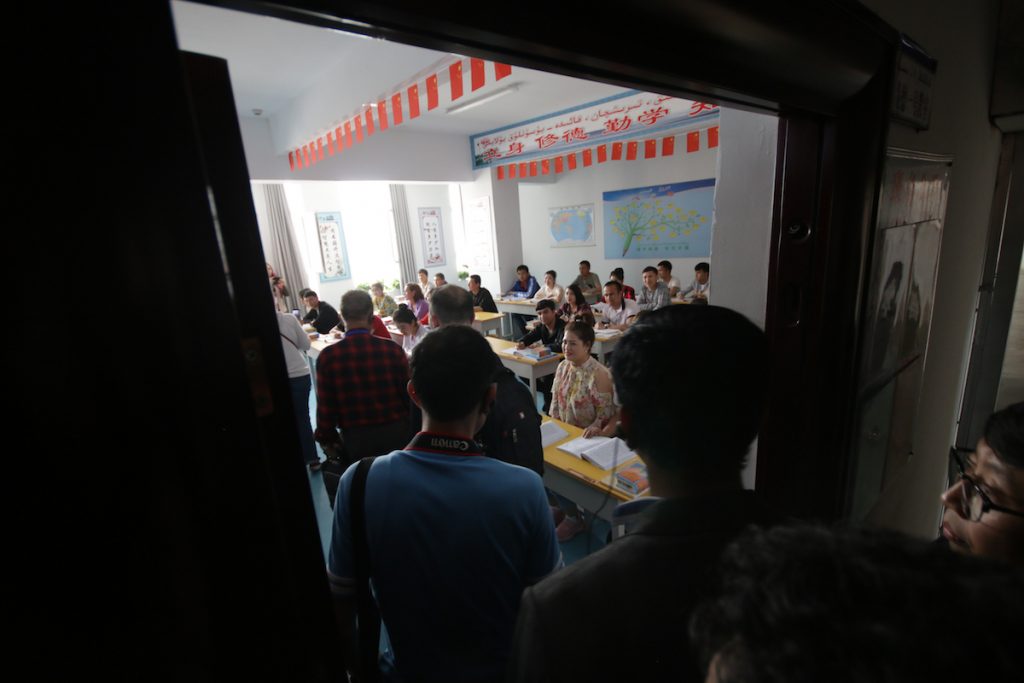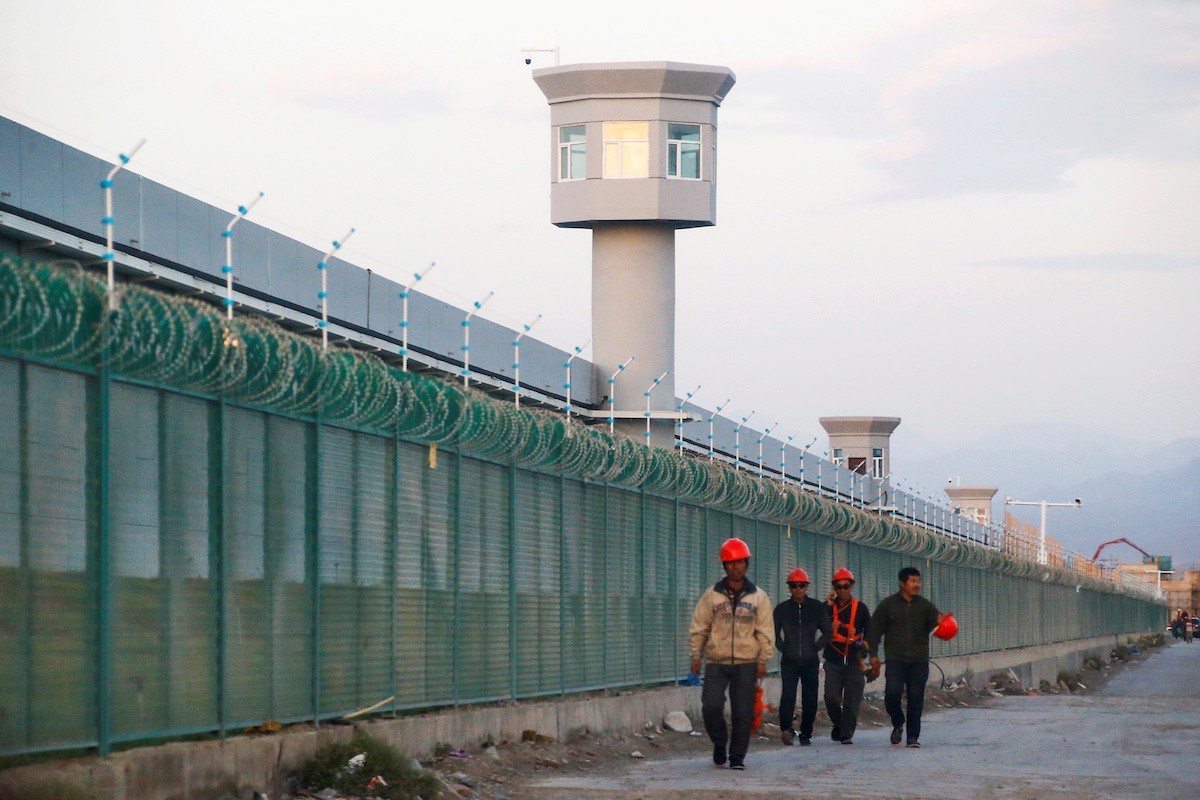American authorities seized a shipment of weaves and other beauty accessories suspected to be made out of human hair taken from people inside a Chinese detention camp.
The Associated Press reported on July 1 that US Customs and Border Protection (CBP) officials confiscated in New York 13 tons of hair products worth an estimated US$800,000.
“The production of these goods constitutes a very serious human rights violation,” the AP report quoted Brenda Smith, executive assistant commissioner of CBP’s Office of Trade.
Smith said the confiscation of the products is “intended to send a clear and direct message … that illicit and inhumane practices will not be tolerated in U.S. supply chains.”
It was the second time this year that CBP confiscated shipments of hair weaves from China based on suspicions that people making them face human rights abuses.
In May, another shipment from China was confiscated from another exporter of weaves, although the shipment was synthetic, not made of human hair.
Both exporters are in China’s far west Xinjiang region.
Reports said the ethnic minorities are held in internment camps and prisons where they are subjected to ideological discipline, forced to denounce their religion and language, and physically abused.
Chinese ruling communists have long suspected the Uyghurs, who are mostly Muslim, of harboring separatist tendencies because of their distinct culture, language and religion.
From 2017, the Chinese authorities are thought to have rounded up between 1-3 million Uyghurs and other Turkic Muslims, detaining them in camps across the region in a bid to reshape their religious and political worldview.
People inside the internment prisons reportedly making sportswear and other apparel for popular international brands.

The Chinese Ministry of Affairs has repeatedly denied reports of forced labor and detention of ethnic minorities in the country.
While tariffs and embargoes over political issues are fairly common, it’s extremely rare for the U.S. government to block imports produced by forced labor.
The 1930 Tariff Act prohibited those imports, but the government has only enforced the law 54 times in the past 90 years.
Most of those bans, 75 percent, blocked goods from China.
On June 17, President Donald Trump signed the bipartisan Uyghur Human Rights Policy Act of 2020, condemning “gross human rights violations of specified ethnic Muslim minority groups in the Xinjiang region in China.”
Reuters reported that U.S. Commerce Department last month added seven companies and two institutions to an economic blacklist for being “complicit in human rights violations and abuses committed in China’s campaign of repression, mass arbitrary detention, forced labor and high-technology surveillance against Uyghurs” and others.







